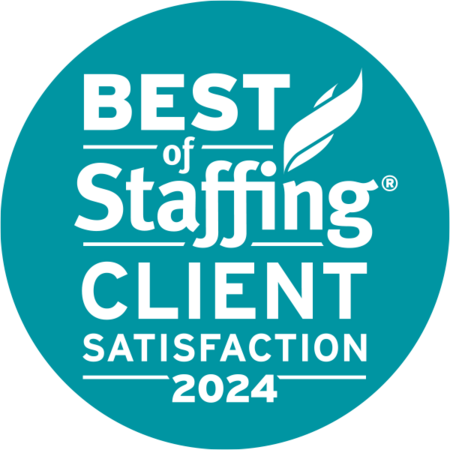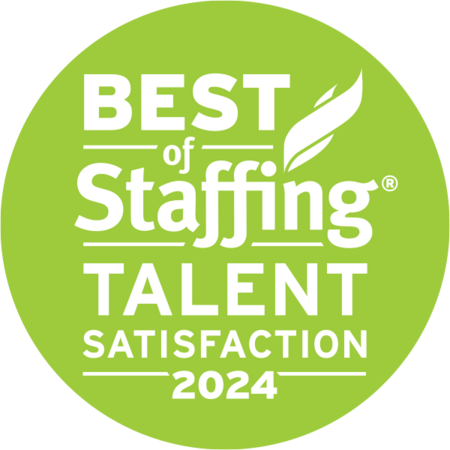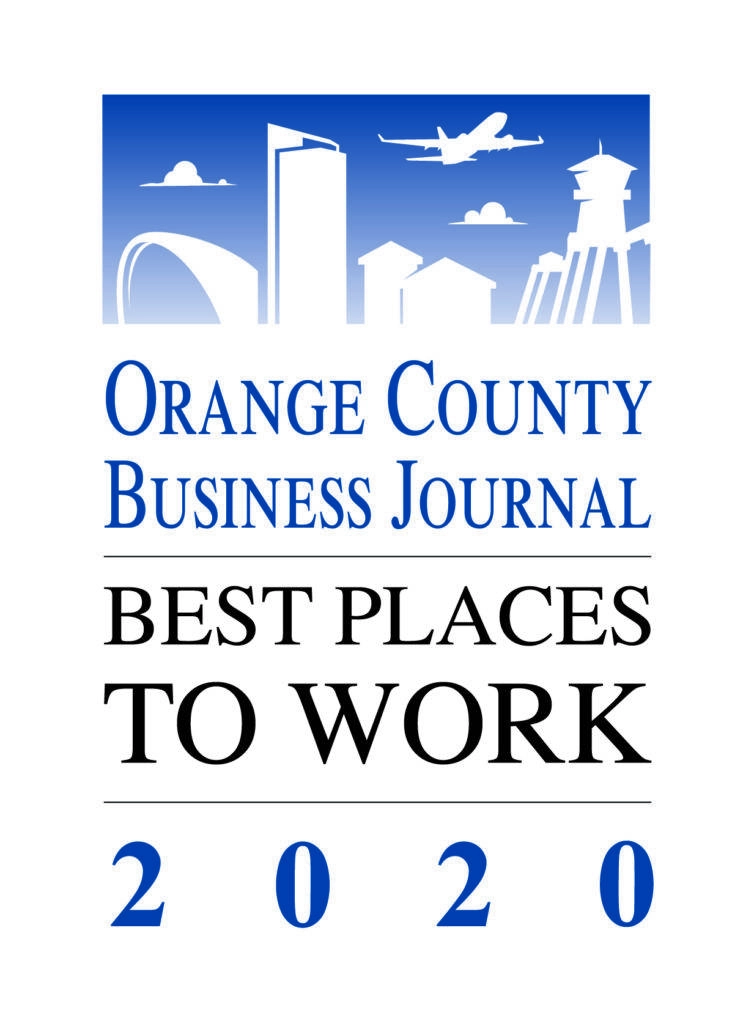With 2024 on the horizon, business experts and trend forecasters of every ilk are highlighting the growing role artificial intelligence will play in the way we work.
As a CFO or senior finance leader, you have the power to use AI to make the smartest choices for your business and to transform your role, both broadening and deepening it. With your bird’s-eye view of every business unit in your company, you can use AI to blend finance and data expertise to meet goals in efficiency and performance.
Our 2024 Financial Salary Guide and Employment Outlook explained that with expanded power must come increased precautions in data-sensitive areas of your business.
Following are some of the most important benefits and risks to consider as you integrate this technology into your company’s operations and corporate culture.

The Benefits
The overarching benefit that AI offers is the opportunity for CFOs to look forward with data-rich forecasting, rather than relying on past indicators and performances. It marks a flex to the future rather than a reflection of the past.
The ability to link predictive analytics with customer behavior (Source: EY), for example, means optimized inventory levels that can make write-downs a practice of the past. It’s also a tool for formulating up-to-the-minute pricing that’s more responsive to specific customer behaviors.
Asset valuation becomes quicker and more accurate, with AI doing the heavy lifting of assessing a large pool of variables. Bad debt might become a quaint, last-century artifact thanks to AI forecasting. In a similar vein, AI’s analytical and interpretive analyses can help detect internal fraud.
The Risks
As Forbes cautions, such benefits require vigilance. It means doubling down on data security and cybersecurity, being cognizant of algorithmic bias, implementing internal controls to ensure regulatory compliance and thoroughly vetting vendors to ensure they are reputable.
One much-touted aspect of AI is to take repetitive work out of human hands to free human minds for more strategic thinking. Be ready to reskill some finance employees, especially those whose current functions may become redundant.
CFOs should also create ethics guidelines, girded with checks and balances wherever possible, to ensure that all employees use AI in responsible ways. Invite employees to help craft the document, to foster a sense of inclusiveness and responsibility. PwC recommends you implement a governance structure (Source: PWC) that addresses every aspect of your AI, from strategy and training to deployment and monitoring.
Industry Outlook
Both the benefits that CFOs can expect to enjoy and the risks they can expect to encounter will affect accounting professionals at all levels, to varying degrees. Approach AI as a collaborative tool that still requires the human touch — thoughtfulness, restraint, responsibility and an eye toward possible consequences — to be successful.
Related Content
THE 2024 SALARY GUIDE AND EMPLOYMENT OUTLOOK
BEYOND THE BALANCE SHEET: CFOS AS DRIVERS OF COMPANY GROWTH
THE CFO’S ROLE IN TALENT STRATEGY
THE CFO AS A BUSINESS INNOVATOR





